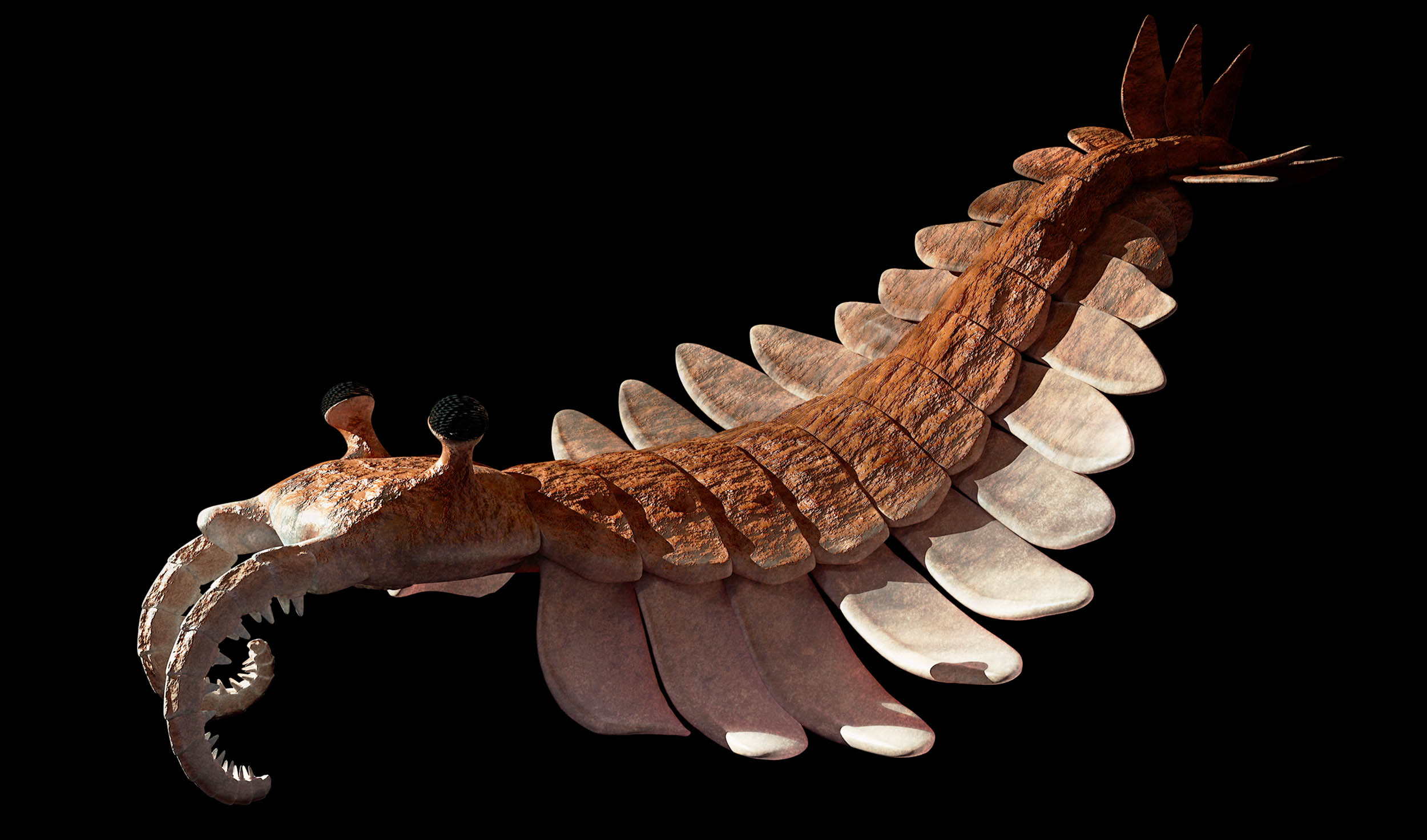A
What happened
The fossil of Youti yuanshi, an ancient arthropod discovered in Yunnan, China, dates back 520 million years and is notable for its intact soft tissues. This fossil provides a unique opportunity to study the internal anatomy of one of the earliest relatives of modern insects and crustaceans. Researchers utilized advanced X-ray imaging to analyze the fossil, revealing a complex structure with 20 body segments and paired lobopods. The well-defined internal features, including a sophisticated head layout and organized circulatory system, suggest that early arthropods had already developed essential anatomical traits. This discovery enhances our understanding of the evolutionary history of arthropods and the complexity of early animal life during the Cambrian Period.
★
Key insights
-
1
Significance of Youti yuanshi
The fossil provides crucial insights into early arthropod evolution.
-
2
Advanced Internal Anatomy
Youti yuanshi exhibits complex internal structures for its time.
-
3
Three-Dimensional Preservation
The fossil's preservation allows detailed anatomical studies.
Takeaways
This discovery underscores the complexity of early life forms and their evolutionary significance.

